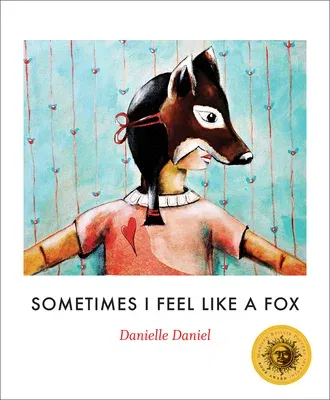Children's love for animals and disguise come together in this
award-winning introduction to the Anishinaabe tradition of totem
animals.
In this introduction to the Anishinaabe tradition of totem animals,
young children explain why they identify with different creatures such
as a deer, beaver or moose. Delightful illustrations show the children
wearing masks representing their chosen animal, while the few lines of
text on each page work as a series of simple poems throughout the book.
In a brief author's note, Danielle Daniel explains the importance of
totem animals in Anishinaabe culture and how they can also act as animal
guides for young children seeking to understand themselves and others.
Key Text Features
author's note
Correlates to the Common Core State Standards in English Language
Arts:
CCSS.ELA-LITERACY.RL.K.7
With prompting and support, describe the relationship between
illustrations and the story in which they appear (e.g., what moment in a
story an illustration depicts).
CCSS.ELA-LITERACY.RL.1.4
Identify words and phrases in stories or poems that suggest feelings or
appeal to the senses.
CCSS.ELA-LITERACY.RL.2.4
Describe how words and phrases (e.g., regular beats, alliteration,
rhymes, repeated lines) supply rhythm and meaning in a story, poem, or
song.
CCSS.ELA-LITERACY.RL.3.7
Explain how specific aspects of a text's illustrations contribute to
what is conveyed by the words in a story (e.g., create mood, emphasize
aspects of a character or setting)
CCSS.ELA-LITERACY.RL.4.2
Determine a theme of a story, drama, or poem from details in the text;
summarize the text.
CCSS.ELA-LITERACY.RL.5.7
Analyze how visual and multimedia elements contribute to the meaning,
tone, or beauty of a text (e.g., graphic novel, multimedia presentation
of fiction, folktale, myth, poem).

